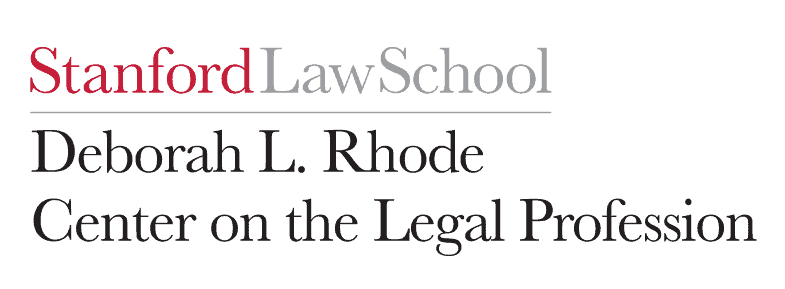The Utah model of reform allowing nonlawyers to offer legal services could be “critical” to serving people who can’t afford them, according to a Stanford Law School study published Tuesday.
The 59-page report by the school’s Deborah L. Rhode Center on the Legal Profession offers an early look at how regulatory changes in Arizona and Utah have impacted the delivery of legal services. It also examined who is being served by innovations in those states.
The study, titled Legal Innovation After Reform: Evidence from Regulatory Change, suggests there are reasons to be encouraged by the reforms that have addressed the so-called justice gap by relaxing rules on nonlawyer participation in the legal system.
However, the report also found that the Utah model—which allows entities to seek waivers of the state’s unauthorized practice of law rules— was more effective at helping lower-income and indigent people with their legal problems than the Arizona model.
The report found that Arizona, which adopted an alternative business structure-only model permitting nonlawyers to take an ownership interest in law firms without reforming its UPL laws, was more successful at serving a middle-income and small business clientele.
“When you relax the various rules that govern legal services in responsible ways, with oversight, you generate a lot of salutary innovation that helps people,” says Stanford law professor David Freeman Engstrom, a co-author of the report. “The access concerns are so grave that we have to find new ways to deliver legal services using an innovative mix of lawyers, nonlawyers and software.”
Nonlawyer participation in the legal profession is a contentious issue. But Engstrom says the study shows the “sky is not falling.” The report found that lawyers were central to the innovations. And there were few consumer complaints against the 57 entities that were part of the study.
The study said 35% of authorized entities in the two states were traditional law firms that had added a “nonlawyer partner, accessed new sources of capital or introduced a new service delivery model,” and 18% of entities are nonlaw companies.
An additional 35% of authorized companies in the states are law companies, with nonlawyer ownnership, that already were delivering legal services. Among them are the tech companies LegalZoom and Hello Divorce, which sought authorization so they could incorporate lawyers into their services, according to the study.
In 2020, Arizona became the first state to do away with state bar rules prohibiting nonlawyer interest in law firms; Utah approved its reforms the same year.
The study comes with caveats, however.
“Research into innovation tells us that the timeline for truly disruptive innovation is much longer than two years,” the study states, adding that some described innovations “are aspirational or remain under development.”
The movement to widen access to justice by relaxing rules prohibiting nonlawyer ownership of law firms has been met with a fierce response from some in the profession.
At the 2022 ABA Annual Meeting in August, the organization adopted as amended Resolution 402, which reaffirmed that the sharing of fees with nonlawyers is “inconsistent with the core values of the legal profession.” The resolution also recognized “the importance to the profession and public of the core values” in ABA Model Rule of Professional Conduct 5.4, which bars lawyers or law firms from sharing legal fees with nonlawyers.
